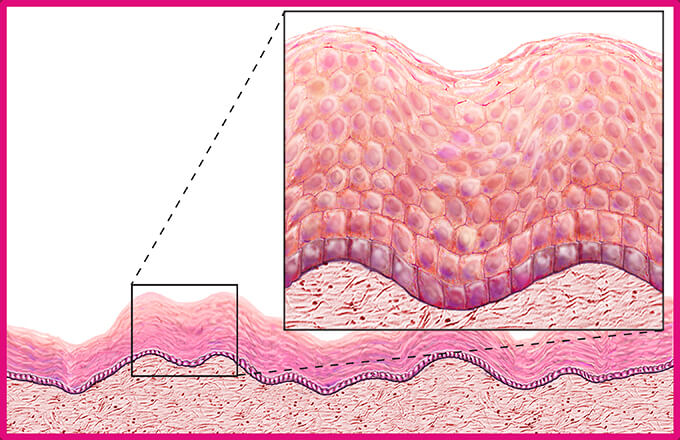When it comes to menopause, most women are prepared for hot flashes, night sweats and fatigue. However, one of the most common symptoms of menopause is one that is rarely talked about: painful intercourse (dyspareunia).
Don't Suffer in Silence!
Talk to a Menopause Specialist
- Proven Treatments
- Virtual Care
- Board Certified
Signs you may have dyspareunia
If you find yourself avoiding sex because intercourse now means more pain than pleasure, you could be suffering from dyspareunia (painful sex) due to menopause.
If you have dyspareunia, you may also experience:
You are not alone!
If you find intercourse painful after menopause, you are not alone! Dyspareunia is second only to vaginal dryness as the most common bothersome symptom of menopause.
In fact, 59% of postmenopausal
women with VVA find
sex painful.
Dr. Barb Depree explains why even though sexual intimacy can be a sensitive subject, painful intercourse due to menopause is too important a condition to ignore.
Watch video to learn more
Dr. Barb DePree, OB/GYN, women's healthcare provider and menopause care specialist, is a paid spokesperson for Duchesnay USA.
Why does sexual intercourse become painful with menopause? Women’s health experts, Dr. James A. Simon and Dr. Barb DePree, explain how changes happening in and around the vagina due to menopause can lead to painful sex.
Real menopausal women, Lisa and Michelle, also share their personal experiences with moderate to severe dyspareunia and why they chose Osphena® to treat their symptoms.
Watch the video to learn more.
Dr. James A. Simon, Medical Director, IntimMedicine Specialists, and President, International Society Study of Women’s Sexual Health (ISSWSH)
Dr. Barb DePree, OB/GYN, women’s healthcare provider and menopause care specialist, is a paid spokesperson for Duchesnay USA.
Possible side effects include hot flashes, vaginal discharge, muscle spasms, headache, excessive sweating, heavy vaginal bleeding and night sweats.
What causes dyspareunia?
Whereas before menopause, estrogen helps keep your vaginal walls thick and stretchy, falling estrogen levels due to menopause can cause your vaginal lining to become thinner and less elastic and your vaginal walls to produce less lubrication. With less elasticity and less lubrication, it is no wonder sex after menopause can be painful!
Vaginal tissue before menopause:
Estrogen keeps vaginal walls thick and stretchy

Vaginal tissue after menopause:
Falling estrogen levels make tissue thinner, drier and less elastic

Dyspareunia is treatable
The good news is that painful sex due to menopause is a treatable medical condition. Unfortunately, many women suffer needlessly because they:
- Find painful sex a sensitive subject that is hard to discuss with their healthcare provider
- Believe that painful sex is just a natural part of aging that they have to endure
- Think that painful sex will eventually go away on its own, like hot flashes and night sweats
- Are uncomfortable with existing treatment options.
Ask your healthcare provider for an oral treatment
